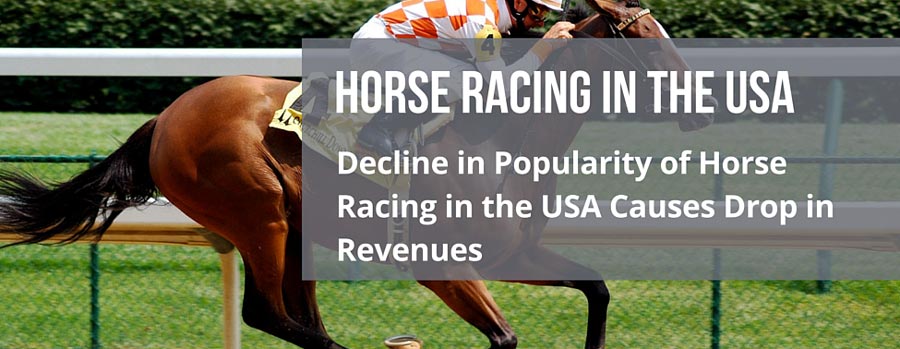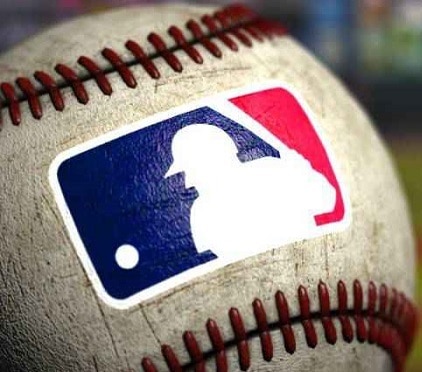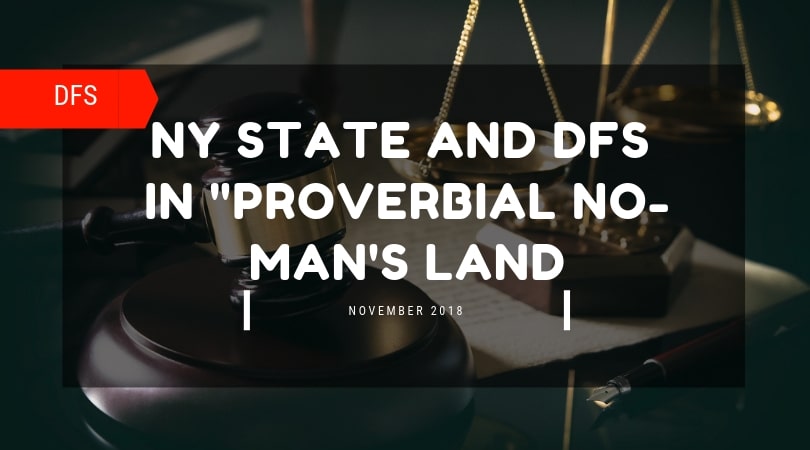Decline in Popularity of Horse Racing in the USA Causes Drop in Revenues

Horse Racing officials have been unable to generate the hype they had hoped for in the year since American Pharoah won the Triple Derby. American Pharoah became the first horse to win the Triple Crown, since 1978 and the first horse ever to win the “Grand Slam” of American horse racing.
The Kentucky Derby is an annual horse race that is held on the first Saturday of May, every year; the race is dubbed the “The Most Exciting Two Minutes in Sports” in the USA. The Kentucky Derby that has not missed a single year, since its beginning in 1875, also marks the beginning of the Triple Crown of Thoroughbred Racing events. The Triple Crown, as it is better known is completed with the Preakness Stakes and Belmont Stakes races. The Kentucky Derby ranks first in North America and clocks the highest attendance of all races of this nature.
The 142nd Kentucky Derby, which was held on, May 7, 2016, with a $2 million guaranteed purse, has once again put horse racing at the centre of attention for enthusiasts and gamblers alike. However the officials have not been able to agree on the issue of appointing a commissioner for the sport or how to unify their incongruent players.
Appointing a commissioner
The Industry leaders are split in two over the issue of appointing a commissioner. While some argue that there is no need to alter the inner working of a 25 year old industry that generates $25 billion in annual revenues, others support the idea of placing all the responsibilities under the control of one single person, specially the issues regarding drug testing, which can help eliminate cheating much more efficiently.
Some people have suggested putting a group of leaders in power instead of a single commissioner. It has also been mentioned that it is the mountain of dissimilar regulations that work differently in each state, could be the cause of decline in the sport’s evolution.
Joe De Francis, the former Maryland Jockey Club Chief Executive, said, “We are fiddling while Rome is burning. It is the very nature of the regulatory framework, the pervasive regulation on a state-by-state basis that prevents us from solving our own problems through a commissioner's office the way football or baseball can do.”
There are 38 racing jurisdictions in the USA and large race track owners such as the Churchill Downs that also own the Kentucky Derby present an obstacle in the sport’s progress. Trying to unify all the legislators on one set of rules which can also look out for the financial interests of the larger tracks is impossible task; however, maybe one that could ultimately benefits everyone involved.
Horse owner and celebrity chef, Bobby Flay, also said, “We have not been even remotely close to getting everyone on the same page and I can say with the utmost certainty that will never happen. We need federal oversight, and we need it now.”
Francis expressed his support for the House legislation that could also authorise and hand over the responsibilities of drug testing to the U.S. Anti-Doping Agency, which is a non-governmental organisation that already handles drug testing for U.S. Olympians.
Neal Pilson, a sports consultant and the former President of CBS Sports, does not agree that having a commissioner would work.
He said, “You can have all the commissioners in the world, but he's not going to control the economics of the sport, which dictate that the ownership has to take the horses out of competition in order to recover their investment.”
Loss of Popularity
Horse racing, which was once among the most popular American sports has lost much of its reputation in the second half of the 20th century.
A Harris poll, held in January 2016, found that horse racing now ranked 13th among popular American sports and only 1% of Americans listed it as their favorite; compared to 1985, when it was ranked 8th with 4% of people calling it their favouite.
In 2011, a study commissioned by the Jockey Club, the sport's breed registry found that horse racing was fighting a losing battle, with both bettor and fan-count on the decline. Money wagered on horse racing peaked in 2003, at $15.2 billion but fell to $10.6 billion in 2015; according to the Jockey Club, with so many new gambling and entertainment options, people are losing interest in horse racing.
“We're no longer the only game in town,” said Alex Waldrop, the President of theNational Thoroughbred Racing Association. “There are casinos on every street corner.”
Content with the Industry
Many like American Pharoah’s trainer Bob Baffet remain content with the state of the industry; he said “The sky is not falling, I don't see a problem; we just need more stars.”
Money wagers at racetracks rose 1.2% in 2015 from the year before and 2016 has seen a 4.4% year-over-year growth so far; however, it is unclear how much of the success should be attributed to the casino facilities offered at these venues now.
Mike Pegram, the Chairman of the Thoroughbred Owners of California, expressed worry and said there are no easy fixes and added, “The Derby is bigger than ever, it’s the everyday racing that's still struggling.”
Positive Outlook for the Future
Although horse racing is no longer in its hay day, the industry can still elevate revenues with newer methods.
With every individual on two screens at any given time, a push for online betting and mobile friendly platforms could generate a surge in interest in younger bettors.
In a sport, where a star horse like American Pharoah captures both the media headlines and the hearts of people one year and then retires the next, money could also be made by building tourism around the farms where these horses retire to breed.










